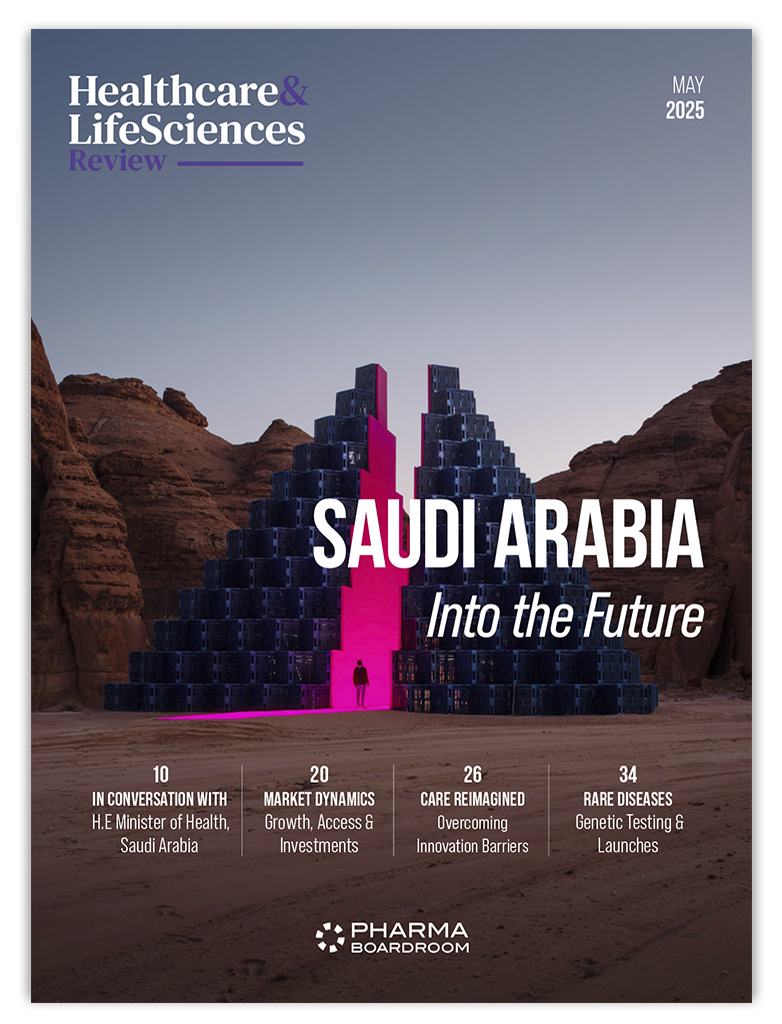Amidst the hype of Saudi Arabia’s embrace of innovative therapies and technologies, the concepts of access and affordability can often be forgotten. However, the Saudi government remains the dominant healthcare payer in the country and, with medicines already consuming over 20 percent of national healthcare spending, is putting increasing emphasis on finding cost-efficiencies.
This creates an environment that favours generic medicines. A previously brand-centric healthcare system now encourages doctors and pharmacists to engage in generic substitution while a generic price-link policy is also in effect. Under this policy, when the first generic version of a drug is registered, the originator brand’s price is automatically cut by 20 percent.
It is also fomenting a host of opportunities for generics players, with the off-patent medicine market already valued at USD four billion, and growing by an astonishing 11.4 percent during the past four years. “The generics industry is fortunate to receive robust government support in Saudi, including through strategic procurement policies and an evolving reimbursement framework,” says Ahmed El-Barbary, general manager for the German generics, consumer healthcare (CHC), and specialty pharma player STADA.
Present in the Saudi market via local in-licensing agreements since 2012, STADA has stepped up its emerging markets strategy since being acquired by Bain Capital and Cinven and appointing Peter Goldschmidt as CEO in 2017-18. The company established its first legal entity in Saudi in 2022. This was followed in 2023 by a regional headquarters and other markets in the MENA region, as well as in global emerging markets. Most recently, the company has created a commercial legal entity, and a third-party logistics deal is close to completion.
While “steady progress in generics” remains a focus for STADA in Saudi, according to El-Barbary, the company has adapted its offering in line with national access and affordability efforts. The local operation is also capitalising on the parent group’s extensive CHC portfolio through recent launches.
At the same time, STADA has been rapidly expanding its offering of prescription specialty therapies across dermatology, allergy relief, pain relief, neurology and oncology.
However, with growth comes competition. The established local players that have traditionally dominated the Saudi generics market are making substantial investments in manufacturing and business development, including in-licensing arrangements. Moreover, a host of smaller firms and regional entrants have moved to enter the Saudi market.
El-Barbary nevertheless remains convinced that the European-level of quality STADA has fostered over its 130 years of history means it can retain an important role in Saudi’s healthcare transformation.
“Established multinational companies, known for their longstanding expertise in generics, continue to play a pivotal role in ensuring the availability of high-quality products,” he says.
And, the future looks bright as STADA continues to adapt to a rapidly changing local landscape. “Ultimately, STADA’s approach in Saudi Arabia exemplifies a nuanced alignment of global vision with local market needs,” concludes El-Barbary. “By maintaining a diversified portfolio and adapting our strategies to regional opportunities, we have positioned ourselves as a dynamic and forward-thinking player.”



